110 armed forces personnel will deploy to support the Welsh Ambulance Service from the 14th October, working as non-emergency drivers.
The task is expected to last until the end of November. According to a Ministry of Defence news release:
“The support from the UK Government is being provided through a Military Aid to the Civil Authorities (MACA) request. The task will help to ease pressures resulting from the pandemic and ensure the ambulance trust can continue to provide their essential service, including attending life-threatening calls quickly.
Defence personnel will augment the ambulance service with non-emergency drivers who will not operate under blue light conditions. They will attend lower priority calls to help to free up WAST resources for emergency calls where there is an immediate risk to life, such as cardiac arrests.”
Personnel are deploying to regions across Wales and are from across the three services.
Defence Secretary Ben Wallace said:
“I am proud of the tireless work of all our service personnel during this pandemic. They continue to provide important support, working alongside our dedicated emergency services across the UK. The deployment of 110 personnel to support the ambulance service will ensure WAST can continue to deliver their life-saving services.”
Secretary of State for Wales Simon Hart said:
“Once again the UK’s armed forces are playing a key role in the fight against Covid-19 by supporting the critical work of the Welsh Ambulance Service. I am hugely grateful for their commitment and expertise. I would like to extend my gratitude to all those who have worked incredibly hard to ensure our public services deliver for the people of Wales throughout the pandemic.”
Chief Executive of the Welsh Ambulance Service Jason Killens said:
“We’re proud and grateful to be working alongside the military once again, who did a superb job of assisting us on two occasions previously last year. The pandemic has presented a challenge like no other, but the last couple of months in particular have meant significant and sustained pressures on our ambulance service, including high levels of demand and an increase in Covid-19 related activity. Winter is our busiest time, and having military colleagues on board once more will bolster our capacity and put us in the best possible position to provide a safe service to the people of Wales.”
This is also happening in Scotland, the UK Government recently approved the support through the ‘Military Assistance to the Civil Authority’ process, following a request from the Scotland Office, working with Scottish Government.






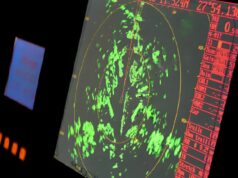
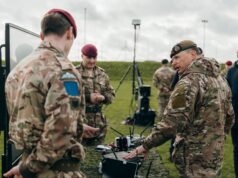
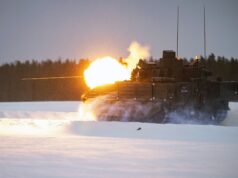
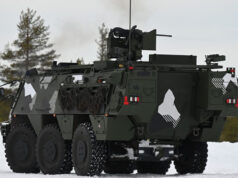

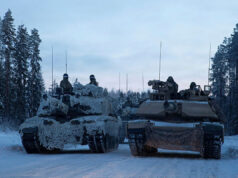

The really big worry here is that services are not being overwhelmed with covid 19 cases, but with sheer demand around business as usual. We effectively now have a health system that is not able to keep up with summer demand without help, what will happen in the depth of a flu winter or a more out of control pandemic wave.
I like most of my colleagues are not completely sure what has happened. Our services have all started falling over in a cascade failure due to increased demand and a demand, capacity gap that cannot be filled.
There are a number of potential reasons that many have all been masked by covid and covid restrictions in wave one and two ( restrictions on numbers of appointments, moving from face to face to on line, people asked to only attend for emergencies etc). we knew at some point all of these would reach a tipping point and it may be that covid hid that tipping point until it was to late:
1) reduced staff numbers, we have been losing staff for around a decade, nursing numbers are down, Dr numbers are down ( especially GPS), Pharms paramedics etc).
2) increasing demand year on year.
3) increasing waiting times as a cost control over the few years before the pandemic.
4) finally the pandemic caused a suspension of a lot of elective services as well as people saving up their health problems. They have all now restarted.
5) lots of other social care and third sector services stopped during and after covid.
This all created a scenario in which we hit a point where the hidden saved demand and business as usual demand hit a point the present system was never going to be able to manage.
Absolutely right, the Welsh Ambulance Service is finding an unacceptably large number of it’s vehicles parked up as wheeled extensions to A&E units that are unable to cope & this is not a new situation under Covid. This not acceptable, it is NOT a new reality that ambulance services should have to adapt to, to have vehicles that are meant to be responding to emergencies parked up unable to admit their patients to hospital.
Mind you I find it rather interesting that the Welsh Ambulance service is getting Army support (all credit to them) when I know that at the moment they have 9 paramedics who are army reservists off the road because the Army has insisted on them attending annual camp.
Hmmm…
It’s also worth noting that ~100 medics have been sent to Belfast City Hospital and Ulster Hospital to aid them as well.
Its a bit of a worry, MACA was something we only ever used in extremist when we were effectively hit by an act of god ( well lots of snow or rain to be honest). It’s seems a new MACA is being made every day.
It’s not good for the NHS, a MACA is not cheap, or the armed forces TBH, as it’s not like it has the depth of numbers any more.